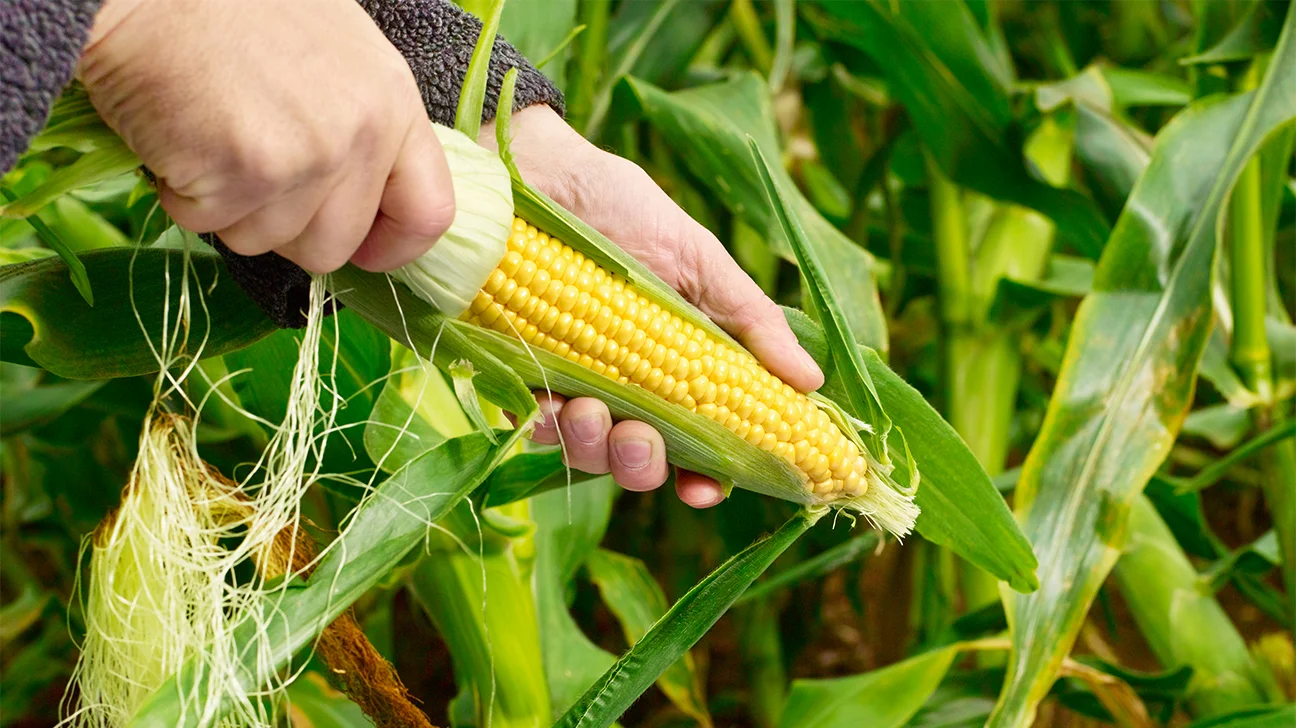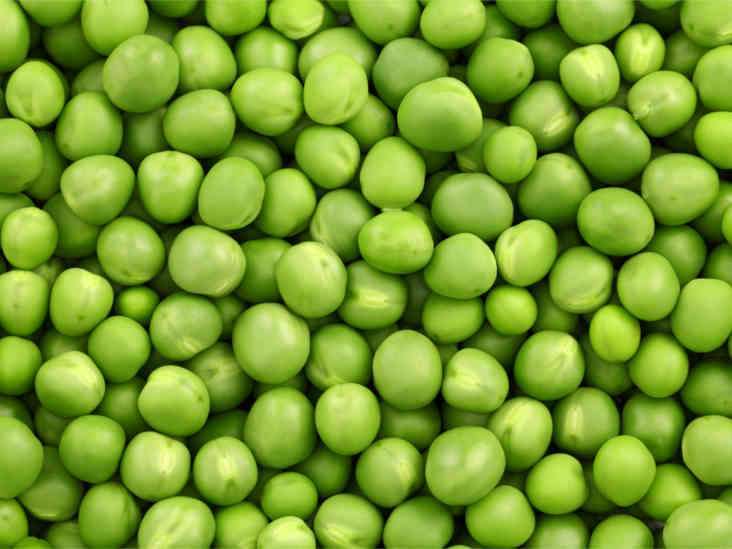Introduction to GMOs
Genetically modified organisms (GMOs) have become a topic of intense debate and scrutiny in recent years. While some view GMOs as a revolutionary solution to global food security challenges, others express concerns about their potential risks to human health and the environment. This comprehensive guide aims to provide an evidence-based exploration of the pros and cons of GMOs, shedding light on the complex issues surrounding their development, adoption, and regulation.
What are GMOs?
GMOs are organisms whose genetic material has been altered through genetic engineering techniques to exhibit specific desirable traits. These traits may include improved crop yield, resistance to pests and diseases, enhanced nutritional content, and tolerance to environmental stressors such as drought or salinity.
How are GMOs Created?
GMOs are created through a process called genetic engineering, which involves the insertion of genes from one organism into the DNA of another organism. This can be achieved using various techniques, including gene splicing, gene editing, and recombinant DNA technology. The resulting genetically modified organisms inherit the desired traits encoded by the inserted genes, allowing for targeted improvements in crop performance and characteristics.
The Pros of GMOs
Increased Crop Yield
GMOs have the potential to increase crop yields by introducing traits such as resistance to pests, diseases, and environmental stressors. This can help farmers produce more food using fewer resources, contributing to global food security and sustainability.
Enhanced Nutritional Content
Genetic engineering can be used to enhance the nutritional content of crops by increasing levels of vitamins, minerals, and other beneficial compounds. For example, biofortified GMOs are engineered to contain higher levels of essential nutrients, addressing nutrient deficiencies in vulnerable populations.
Resistance to Pests and Diseases
GMOs can be engineered to express proteins that repel or kill pests and pathogens, reducing the need for chemical pesticides and minimizing crop losses due to insect damage or disease outbreaks. This can lead to improved crop health, productivity, and economic viability for farmers.
Environmental Benefits
Some GMOs are designed to be more environmentally friendly by reducing the need for chemical inputs and promoting sustainable agricultural practices. For example, insect-resistant GMOs can help minimize pesticide use, protect beneficial insects, and conserve biodiversity in agricultural landscapes.
Drought and Salinity Tolerance
Genetic engineering can confer tolerance to environmental stressors such as drought, salinity, and extreme temperatures, enabling crops to thrive in challenging growing conditions. This trait is particularly valuable in regions prone to water scarcity and soil salinization, where conventional crops may struggle to survive.
Reduction in Food Waste
GMOs with improved shelf life, disease resistance, and post-harvest characteristics can help reduce food waste along the supply chain, from farm to fork. By extending the shelf life of perishable crops and minimizing losses during storage and transportation, GMOs contribute to more efficient food production and distribution systems.
The Cons of GMOs
Potential Health Risks
Critics of GMOs raise concerns about potential health risks associated with their consumption, including allergenicity, toxicity, and unintended effects on human health. While extensive safety assessments are conducted before GMOs are approved for commercialization, some argue that long-term health effects warrant further research and precautionary measures.
Environmental Concerns
GMOs have been linked to various environmental issues, such as the development of pesticide-resistant weeds and insect pests, genetic contamination of wild and native plant populations, and disruption of ecosystems and biodiversity. These concerns highlight the need for robust risk assessment and management strategies to minimize unintended environmental impacts.
Loss of Biodiversity
The widespread adoption of GMOs has raised concerns about the potential loss of biodiversity and genetic diversity in agricultural landscapes. Monoculture cropping systems dominated by a few genetically uniform GMO varieties may lead to genetic erosion, vulnerability to pests and diseases, and reduced resilience to environmental change.
Socioeconomic Implications
The commercialization of GMOs has raised questions about their socioeconomic implications, including ownership and control of genetic resources, farmer autonomy and livelihoods, and access to seeds, technology, and markets. Critics argue that GMOs may exacerbate inequalities and power imbalances in the global food system, particularly in developing countries.
Cross-Pollination and Contamination
GMOs have the potential to cross-pollinate with wild or conventional crops, leading to genetic contamination and unintended presence of GMO traits in non-GMO varieties. This poses challenges for organic and non-GMO farmers who wish to maintain the purity and integrity of their crops, as well as for regulatory authorities tasked with monitoring and managing genetic flow.
Ethical Considerations
The development and use of GMOs raise ethical questions related to issues such as informed consent, environmental stewardship, consumer choice, and the rights of future generations. Debates about the ethics of genetic engineering often center on conflicting values, beliefs, and priorities regarding food, agriculture, and technology.
Myths and Misconceptions About GMOs
Despite the scientific consensus on the safety and efficacy of GMOs, they remain a subject of misinformation and controversy in public discourse. Common myths and misconceptions about GMOs include beliefs that they are inherently unsafe, harmful to the environment, and detrimental to human health. Addressing these misconceptions with accurate information and evidence-based education is essential for promoting informed decision-making and constructive dialogue about GMOs.
The Regulatory Landscape of GMOs
GMOs are subject to regulatory oversight and approval processes in many countries to ensure their safety, environmental sustainability, and compliance with regulatory standards. Regulatory frameworks vary globally, with different approaches to risk assessment, labeling, and monitoring of GMOs in agriculture, food, and feed systems. International organizations such as the Codex Alimentarius Commission and the Cartagena Protocol on Biosafety provide guidance and standards for the regulation of GMOs at the global level.
FAQs About GMOs
Are GMOs safe to eat?
Yes, GMOs that have undergone rigorous safety assessments are considered safe to eat based on scientific evidence and regulatory approvals. Numerous scientific studies and regulatory reviews have confirmed the safety of GMOs for human consumption.
Do GMOs pose risks to the environment?
While GMOs have been associated with environmental concerns such as genetic contamination and loss of biodiversity, their environmental impacts vary depending on factors such as crop traits, cultivation practices, and regulatory oversight.
Do GMOs increase pesticide use?
The relationship between GMOs and pesticide use is complex and influenced by factors such as crop traits, pest management strategies, and regulatory policies. While some GMOs have led to reductions in pesticide use, others have contributed to increased use of specific pesticides.
Are GMOs labeled in the United States?
The United States does not have mandatory labeling requirements for GMOs at the federal level. However, some states have enacted labeling laws or initiatives to provide consumers with information about GMO ingredients in food products.
Can GMOs help address global food security challenges?
Yes, GMOs have the potential to contribute to global food security by increasing crop yields, enhancing nutritional content, and improving resilience to environmental stressors. However, their role in addressing food security issues depends on various factors such as access, distribution, and socio-economic context.
Are there alternatives to GMOs for addressing agricultural challenges?
Yes, there are alternative approaches to GMOs for addressing agricultural challenges, including conventional breeding, agroecological practices, sustainable farming techniques, and organic agriculture. Each approach has advantages and limitations and may be suitable for different contexts and objectives.
Conclusion
GMOs are a complex and multifaceted technology that elicits diverse perspectives and opinions from stakeholders across society. While GMOs offer potential benefits such as increased crop yields, enhanced nutritional content, and environmental sustainability, they also pose challenges and risks that require careful consideration and management. By critically evaluating the evidence and engaging in informed dialogue, policymakers, scientists, farmers, consumers, and other stakeholders can navigate the complexities of GMOs and make informed decisions that promote the well-being of people, the planet, and future generations. A balanced approach that integrates scientific knowledge, ethical considerations, and stakeholder perspectives is essential for realizing the potential of GMOs while addressing their associated challenges and concerns.




